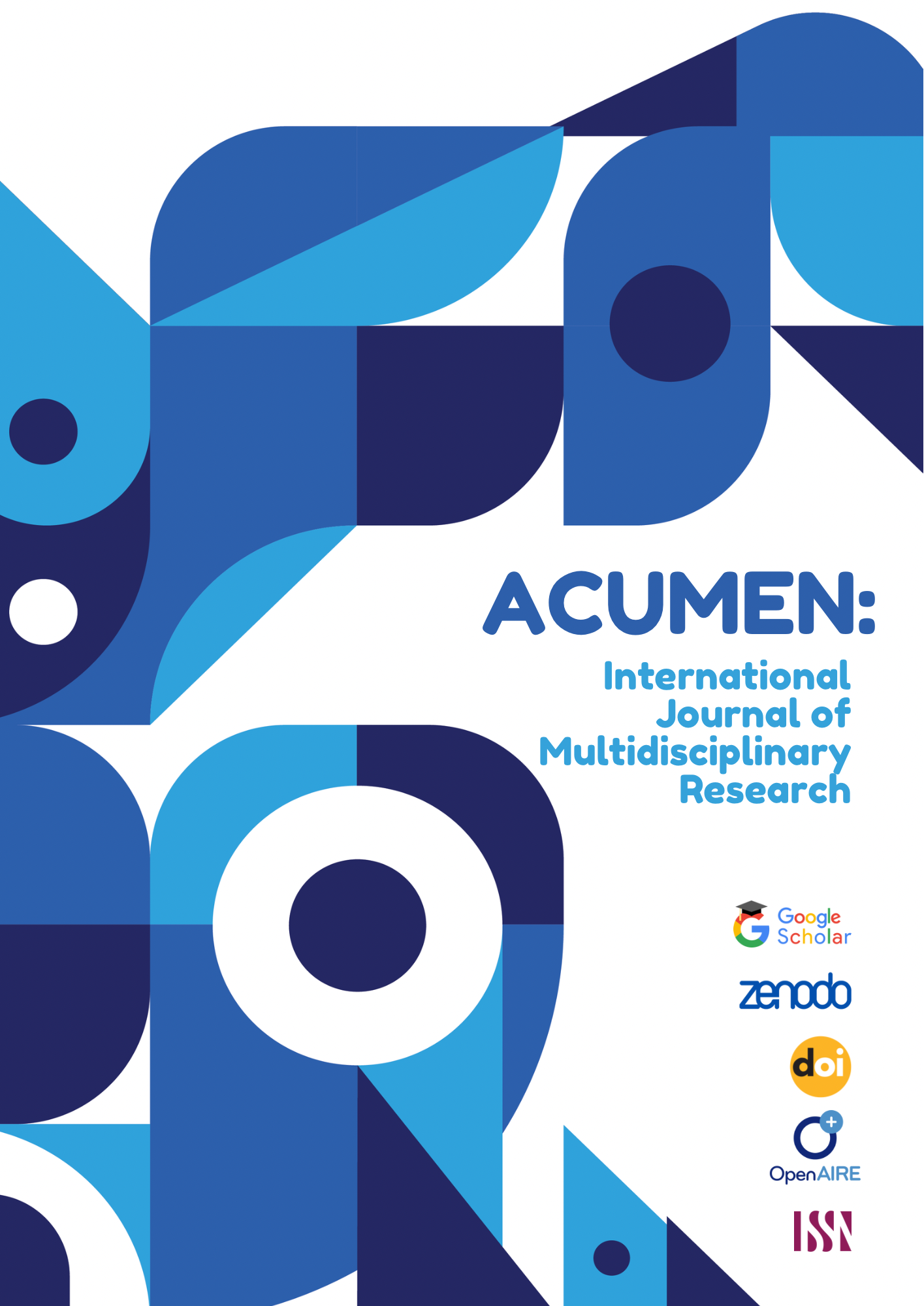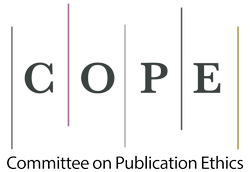"BRIDGING CULTURES: A COMPARATIVE EXPLORATION OF SUPERSTITIONS IN ENGLISH AND UZBEK SOCIETIES"
Keywords:
. Superstitions, culture, English society, Uzbek society, comparative analysis, beliefs, traditions, historical context, social norms, religious influences, cultural values, human behavior, interpersonal relationships, meaning-making, cross-cultural understandingAbstract
The article "Bridging Cultures: A Comparative Exploration of Superstitions in English and Uzbek Societies" delves into the rich tapestry of superstitions that permeate both English and Uzbek cultures. It examines how these beliefs, often rooted in historical, social, and religious contexts, shape behaviors and attitudes in each society. The article highlights specific superstitions prevalent in both cultures, analyzing their origins and significance. By comparing and contrasting these beliefs, the study seeks to uncover underlying cultural values and societal norms, fostering a deeper understanding of how superstitions influence daily life and interpersonal relationships. Ultimately, the article aims to bridge cultural divides, showcasing the universal human tendency to seek meaning and control in an unpredictable world through superstitious practices.
References
1.Barry Mardovskiy “How did the superstition that broken mirrors cause bad luck start and why does it still exist?”(2021)
2. Bruce M.Hood “Supersense: Why we believe in the unbelievable”.(2009), 320p
3. D.R.McElroy “Superstitions: A Handbook of folklore, Myths, and Legends from Around the World” (2020) 192 p.
4. Iona Opie and Moira Tatem (1996) “Dictionary of Superstitions” Oxford university Press Print Publication.
5. Gayle Rosengren “What the Moon said” (2014), 217p
6. Michael Shermer “The Believing Brain: From Ghosts and Gods to Politics and Conspiracies How We Contrast Beliefs and reinforce Them as Truths” (2011), 400p
7. Michael Shermer, Stephen Jay Goud “Why people believe weird things”. 1997, 384 p





























